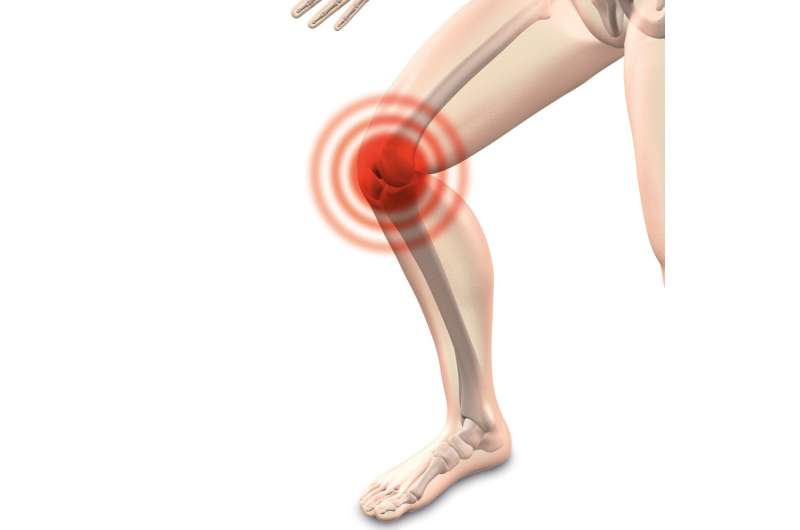FDA-Designated Orphan Drug Shows Promise in Enhancing Radiation Treatment for Lung Cancer

Researchers at UT Southwestern Medical Center have identified a promising approach to improve the effectiveness of radiation therapy in lung cancer treatment using an FDA-designated orphan drug. The study, published in Science Advances, reveals that inhibiting a key metabolic process called lipoylation can make lung cancer cells more susceptible to radiation. Lipoylation is essential for mitochondrial enzyme function and DNA repair, and its disruption hampers cancer cells' ability to recover from radiation-induced damage.
The research team employed an unbiased CRISPR screen and found that impairing lipoylation interferes with the homologous recombination pathway, a crucial mechanism for repairing DNA damage caused by radiation. They used CPI-613 (devimistat), an FDA-approved drug known to inhibit lipoylation, to test this strategy in lung cancer cell lines and mouse models. Although CPI-613 alone has not significantly improved outcomes in lung or pancreatic cancers, combining it with radiation markedly enhanced tumor control in preclinical models.
"This is the first evidence that targeting lipoylation can boost radiation sensitivity in lung cancer, providing a new, translatable strategy that leverages an existing drug," explained Dr. Yuanyuan Zhang, the study's principal investigator.
The findings open avenues for clinical trials to evaluate combination therapies of CPI-613 and radiation, potentially offering a more effective treatment option for lung cancer patients. The study underscores the importance of cancer metabolism in therapy resistance and highlights the potential of repurposing existing drugs for improved cancer management.
For more information, see the full study in Science Advances or visit the news source at MedicalXpress.
Stay Updated with Mia's Feed
Get the latest health & wellness insights delivered straight to your inbox.
Related Articles
New Biomarker Enables Personalized Treatment Selection in Multiple Sclerosis
A new genetic biomarker identified by researchers enables personalized treatment decisions in multiple sclerosis, improving outcomes by predicting response to glatiramer acetate versus interferon beta.
Rethinking Contact Sports During Pregnancy: Emerging Evidence Supports Safer Participation
New research challenges traditional views on contact sports during pregnancy, revealing low injury risks and highlighting benefits for mental health, suggesting a need for updated guidelines.
Stalling Progress in Childhood Vaccination Coverage Threatens Global Health Goals
Recent data reveals a slowdown in childhood vaccination rates worldwide, risking outbreaks of preventable diseases. Addressing disparities and pandemic disruptions is key to achieving global immunization goals by 2030.



